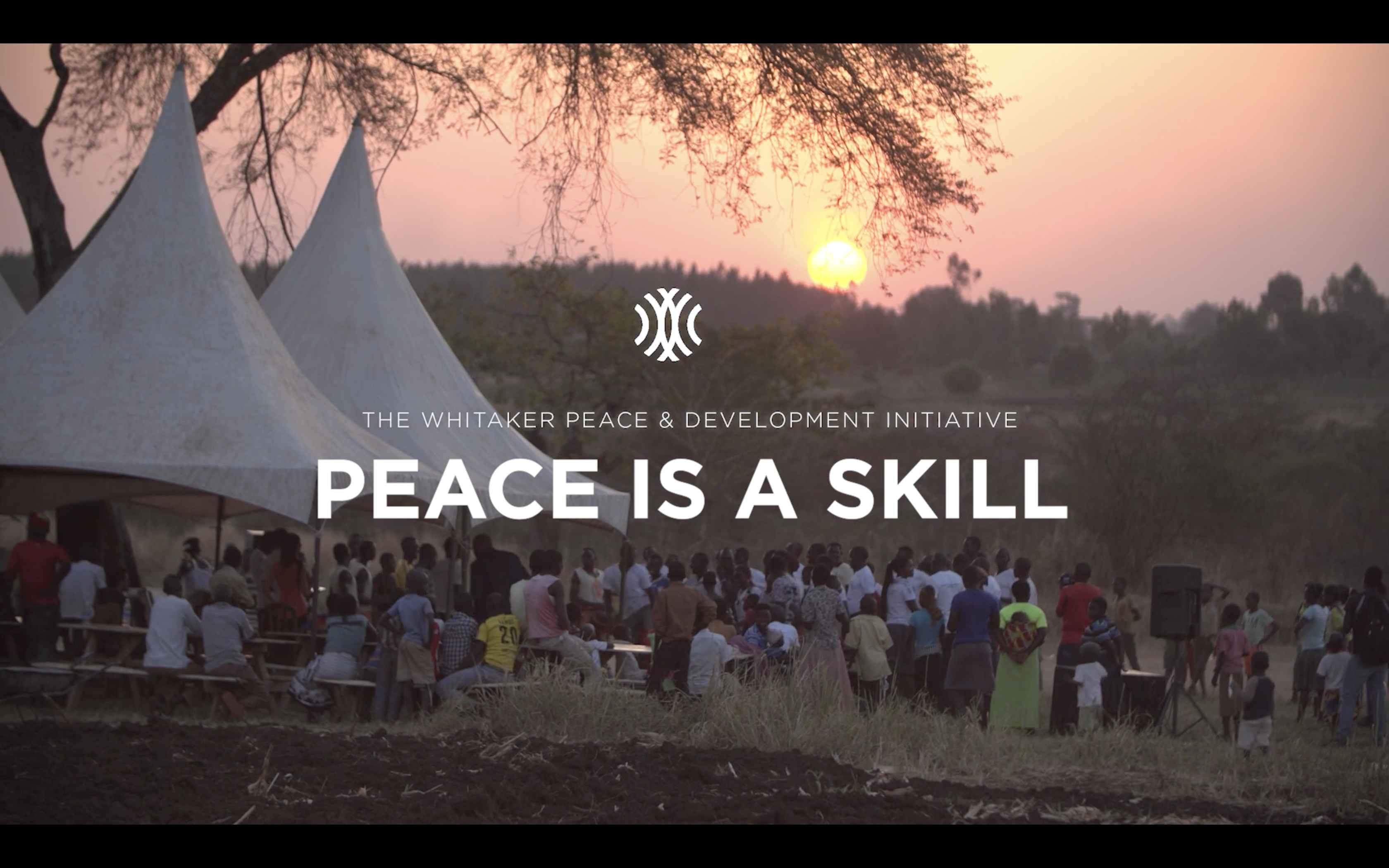
March 12, 2025 – At WPDI, we have always believed that peace is not just an abstract ideal — it is a practical skill that can be taught, learned, and applied in everyday life. This belief has guided our work for years, and now, it is at the heart of our new identity: PEACE IS A SKILL.
Many people assume that peace is something innate, an outcome that either exists or does not. But for those who have never experienced peace, it often feels like an unattainable dream. Without exposure to peace, people in conflict-prone regions may not see it as a viable path. That is why education and training are crucial: anyone can become a peacemaker if given the right tools, knowledge, and support.
Since our founding, WPDI has trained 2,250 Youth Peacemakers in areas affected by violence and instability. These young leaders become agents of change, working within their communities to foster peace and sustainable development. We teach peace through structured training programs at our Community Learning Centers, ensuring that individuals gain the skills needed to resolve conflicts, mediate disputes, and promote reconciliation.
In addition, we strive to ensure that the values, attitudes, and behaviors conducive to peace become part and parcel of local cultures. That is why our platform for action includes advocacy campaigns to raise awareness of local populations and community leaders on issues pertaining to peace and human rights.
However, the notion that peace is a skill is not limited to activities solely dedicated to actual peacebuilding. Peace is a communal, transformative process, led by initiatives run by community members. In this regard, economic sustainability should be seen as a core component of peace, which improves the self-reliance of individuals and can represent a very effective antidote for preventing at-risk youths from joining armed groups or gangs. To this effect, we offer vocational training in entrepreneurship and business to empower individuals economically.
For WPDI, inner peace is also a condition of communal peace. Psychosocial support and programs focused on health and well-being help communities heal from trauma.
Sports, which encourages teamwork as well as respect for others and for oneself, is another field that lends itself to learning and practicing peace. We implement programs that fully combine sport, peacebuilding workshops, and popular events that contribute to uniting communities and raising awareness about approaches to peacebuilding. At every opportunity, we integrate the values of respect, tolerance, and inclusion, ensuring that peace is not just an idea but a lived experience.
Peace can be taught. It can be learned. And when we treat peace as a skill—one that requires practice, patience, and dedication—we make it possible for individuals and communities to take control of their futures. Through education, empowerment, and action, we can learn how to make peace happen.
Because peace is a skill.
Discover our video covering this latest step in our evolution here:
Video production by R2 agency.